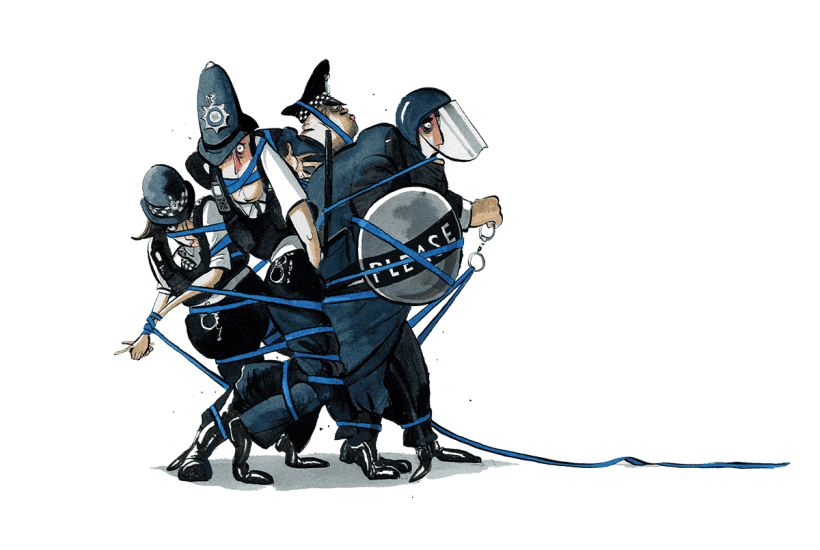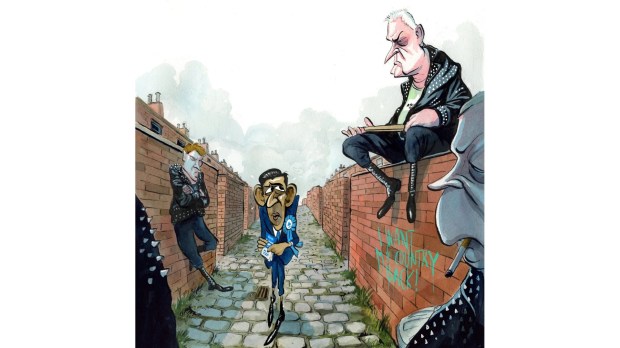Police must investigate every theft. This is the message from the Home Secretary as the government heralds an agreement from all 43 police forces in England and Wales to follow up on any evidence where there is a ‘reasonable line of enquiry’. In practice, that means the police should investigate low-level crimes such as stolen bikes, phones and shoplifting when there is reasonable lead such as a GPS tracker, CCTV footage or a doorbell video.
As I noted earlier this month in a cover piece for the magazine, ‘investigate every crime’ doesn’t sound like a particularly novel concept. It raises the question: Why weren’t police investigating every theft? Over the past few years, forces – including the Metropolitan Police – have largely given up on low-level crime. Austerity was seen as a reason to ignore burglaries, thefts and minor assaults if officers believed there was little chance of identifying a suspect. Already there are voices of alarm at the policy, with the Police Federation of England and Wales saying forces are already ‘stretched beyond human limits’.
However, the policy is not the product of a Westminster think tank imposing ideas on the police. Instead, it came from the police force in Greater Manchester – a model put in place by Steve Watson when he took over as chief constable there two years ago. At the time, the force was in special measures. But after just 18 months it was removed from enhanced monitoring after it halved the number of open investigations, shortened response times and improved support for staff. Watson’s tactics were to make more arrests, follow up every burglary and get his officers off Twitter.
Watson is one of a handful of standout chief constables to whom Suella Braverman is paying close attention to as the Tories prepare to fight on the issue of crime at the next election. Boris Johnson focused on police numbers – with a New Labour-style pledge to find 20,000 new officers. Under Sunak and Braverman, there is a push for a ‘back to basics’ policing model.
The current statistics suggest there could be a positive story to be told on crime. According to the Office for National Statistics, surveyed crime has halved since 2010. Earlier this year, HM Chief Inspector of Constabulary Andy Cooke declared in his annual report that ‘England and Wales are arguably safer than they have ever been’. However, the surveyed crime figure does not include fraud – and there’s evidence to suggest that a lot of people are now unlikely to report some crimes to the police due to a sense that some theft has effectively been decriminalised in much of the country. A YouGov poll has found that most people don’t think the police will bother with crimes such as phone snatching or bicycle theft. This new policy is aimed at addressing that.
Got something to add? Join the discussion and comment below.
Get 10 issues for just $10
Subscribe to The Spectator Australia today for the next 10 magazine issues, plus full online access, for just $10.





















Comments
Don't miss out
Join the conversation with other Spectator Australia readers. Subscribe to leave a comment.
SUBSCRIBEAlready a subscriber? Log in